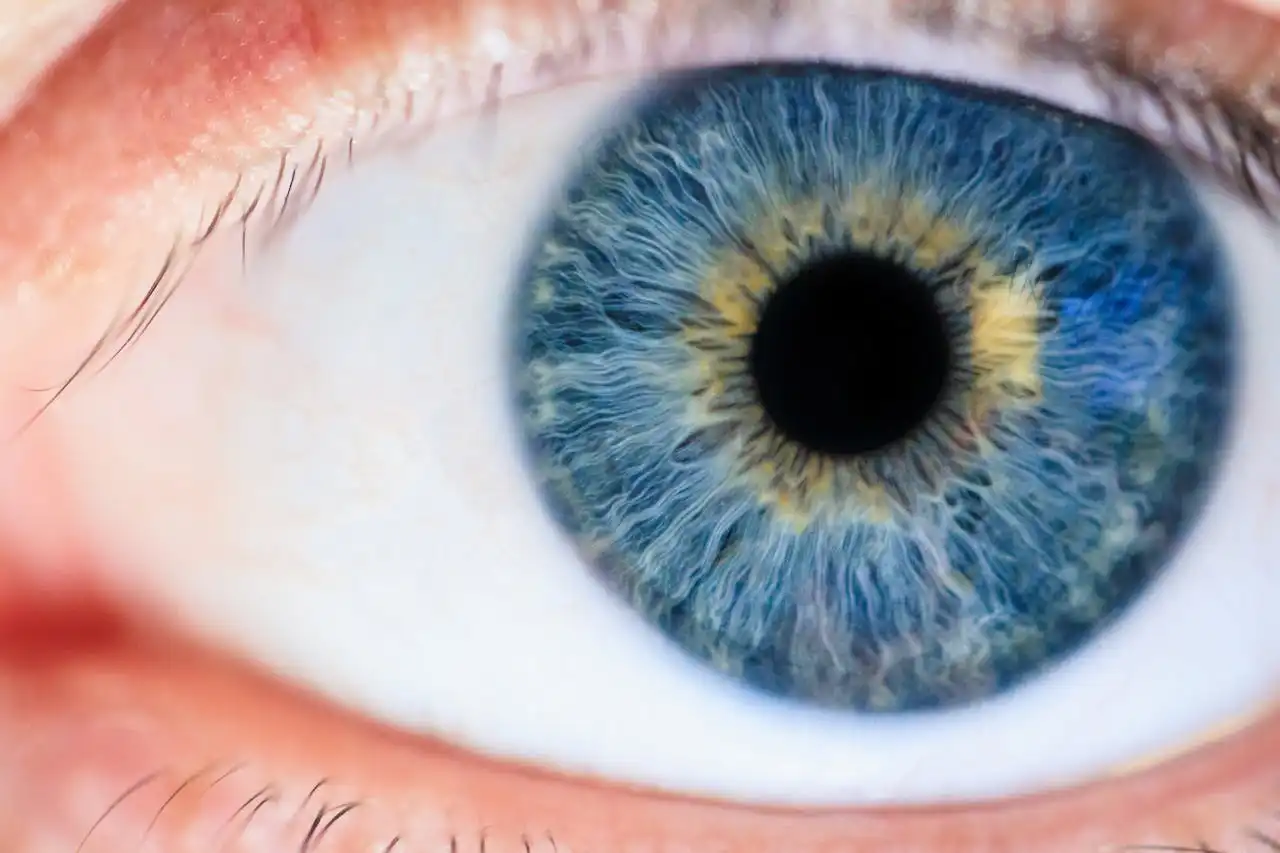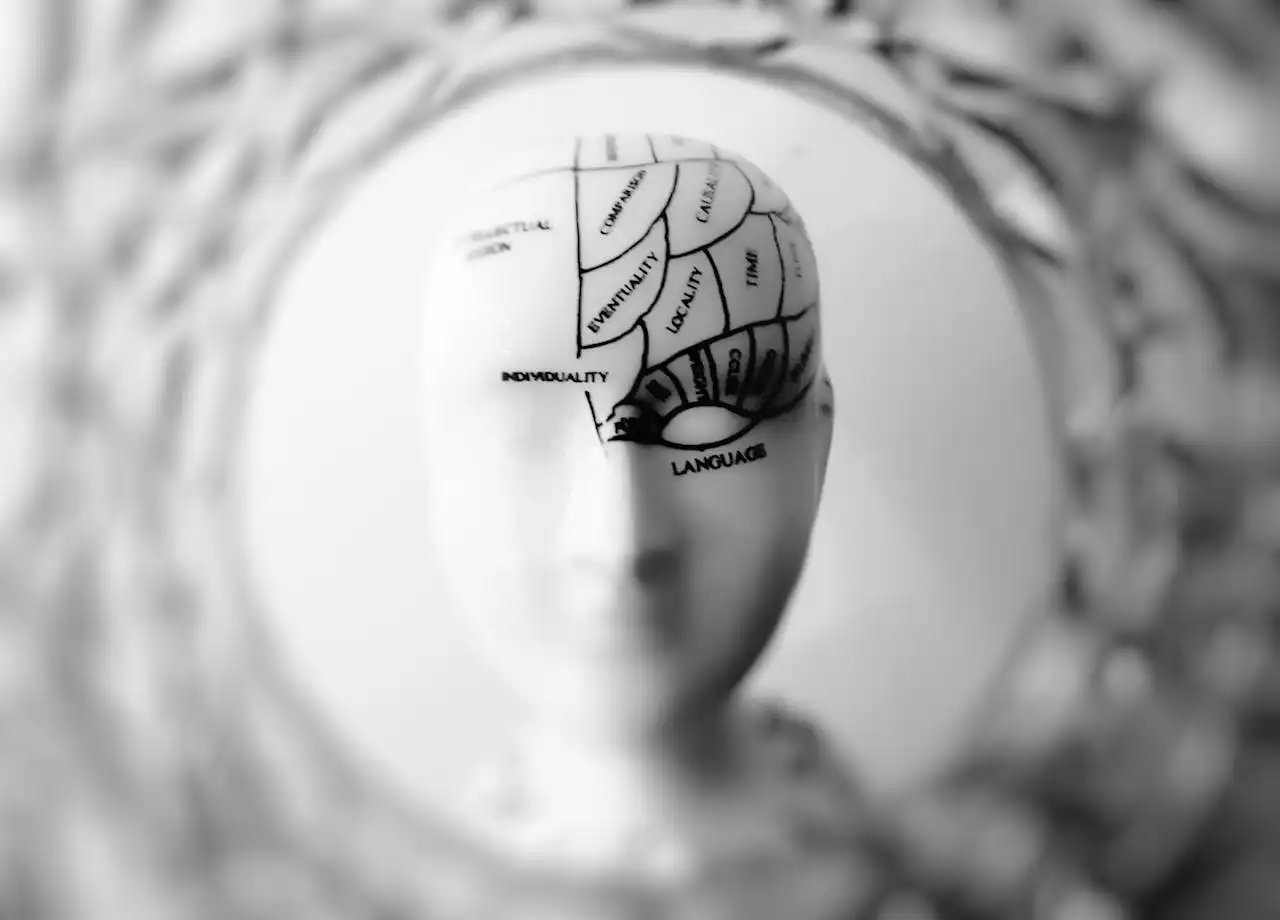More Than Glasses: The Importance of Regular Eye Exams for Early Disease Detection
Muhe - Monday, 28 July 2025 | 11:55 PM (WIB)


Beyond the "Better or Worse": What They're Really Looking For
When you sit in that comfy chair and the optometrist or ophthalmologist shines a light into your peepers, they're doing way more than just checking your prescription. They're meticulously examining the structures at the back of your eye: the retina, the optic nerve, and the intricate network of blood vessels. These tiny, delicate components can reveal a surprising amount about what’s going on inside you. It’s like having a crystal ball, but for your internal organs!They might use special drops to dilate your pupils, giving them a wide-angle view. This allows them to see if your optic nerve, which sends signals from your eye to your brain, is healthy. They'll also check your macula, responsible for sharp, central vision, and peer at the blood vessels woven across your retina. And guess what? These little blood vessels are often the first place to show signs of trouble elsewhere in your body, because they’re essentially miniature versions of the larger vessels supplying your heart, brain, and kidneys.The Silent Thieves: Eye Diseases Caught Early
Let's talk about some of the big hitters when it comes to eye-specific diseases, where early detection is the absolute key to saving your sight:- Glaucoma: The Silent Thief. This one is a real sneaky villain. Glaucoma often has no symptoms in its early stages, and by the time you notice vision loss, it’s usually irreversible. It typically damages the optic nerve, often due to high pressure inside the eye. But here's the kicker: an eye exam can detect increased eye pressure and subtle changes to the optic nerve long before you feel a thing. Catch it early, and treatments can effectively slow or halt its progression, preserving your precious sight.
- Macular Degeneration: Central Vision's Foe. Age-related macular degeneration (AMD) is a leading cause of blindness among older adults. It affects the macula, the part of your retina responsible for sharp, central vision – crucial for reading, driving, and recognizing faces. While AMD can't always be cured, early detection allows for lifestyle changes, nutritional supplements, and specific treatments that can significantly slow its progression, keeping your world in focus for longer.
- Diabetic Retinopathy: A Complication Too Often Overlooked. If you have diabetes, or even if you’re pre-diabetic, your eyes are particularly vulnerable. High blood sugar can damage the tiny blood vessels in your retina, leading to blurry vision, spots, or even complete blindness. An eye exam can pick up these early signs of damage, known as diabetic retinopathy, often before you experience any symptoms. This allows for timely intervention, like laser treatment or injections, to prevent severe vision loss. It's a stark reminder that diabetes doesn't just affect your blood sugar; it's a whole-body affair, and your eyes are often on the front line.
Your Eyes: A Crystal Ball for Systemic Health Issues
Perhaps the biggest mic drop moment when it comes to eye exams is their ability to uncover health issues far beyond your vision. It's like your optometrist has X-ray vision, but for your general well-being. How wild is that?- High Blood Pressure (Hypertension): Your eye doctor can see narrowed, hardened, or bleeding blood vessels in your retina, which are tell-tale signs of hypertension. Often, people don't even know they have high blood pressure until it's detected during an eye exam! This is a huge heads-up, as untreated hypertension can lead to heart attacks, strokes, and kidney failure.
- High Cholesterol: Sometimes, cholesterol deposits can be seen in the blood vessels or around the cornea (a condition called arcus senilis, which can also be age-related but warrants a check). These findings prompt a conversation with your primary doctor about your cardiovascular risk.
- Autoimmune Diseases: Conditions like lupus, rheumatoid arthritis, or Sjögren's syndrome can manifest in the eyes, causing dryness, inflammation, or changes in vision. An eye exam can be the first step in diagnosing these complex conditions.
- Brain Tumors or Aneurysms: While rare, swelling of the optic nerve (papilledema) can be a sign of increased pressure in the brain, potentially caused by a tumor or an aneurysm. Vision field defects can also point to neurological issues. It’s certainly not a common finding, but it’s a life-saving one when it happens.
- Multiple Sclerosis (MS): Optic neuritis, an inflammation of the optic nerve causing blurry vision or pain, is often an early symptom of MS. An eye doctor might be the first to spot this neurological red flag.
Don't Wait Until It's Too Late
It’s easy to put off an eye exam, especially if you think your vision is fine. We’re all guilty of procrastinating on health stuff, right? But with your eyes, and the wider health picture they provide, waiting can be a costly mistake. Many of the conditions mentioned above are progressive and, if left untreated, can lead to irreversible damage or serious systemic health crises. Imagine kicking yourself later because you missed an early warning sign that was literally staring you in the face (or, well, into your retina).So, the next time you think about an eye exam, expand your mental picture beyond just new glasses. See it for what it truly is: a powerful, non-invasive diagnostic tool that could literally save your sight, or even your life, by catching silent diseases before they become full-blown emergencies. It's not just about seeing clearly; it's about living clearly, with peace of mind. Your future self, and your eyes, will thank you.Make that appointment. Your eyes are more than just glasses; they're gateways to your health.
How to Relax Your Mind During the Weekend
5 months ago

ChatGPT's Compassionate Turn: How AI Is Learning to Handle Mental Health Crises Better
5 months ago

Coffee vs. Tea: The Morning Brew Showdown That's More Than Just a Cuppa
5 months ago

Cracking the Code: Your Guide to Taming Those Beastly Migraines
5 months ago

Fuel Your Supercomputer: Five Foods That Will Level Up Your Brainpower
5 months ago

Unlocking Your Inner Shield: Five Veggies That Are Basically Superheroes for Your Immune System
5 months ago

Your Secret Weapon for Weight Loss? It's As Simple As Putting One Foot in Front of the Other
5 months ago

Forever Young: The Secret to a Glowing, Timeless Life
5 months ago

Your Gut Feeling is Right: How to Feed Your Inner Universe for a Happier, Healthier You
5 months ago

Navigating Your Daily Grind: When Does Your Coffee Habit Cross the Line?
5 months ago
